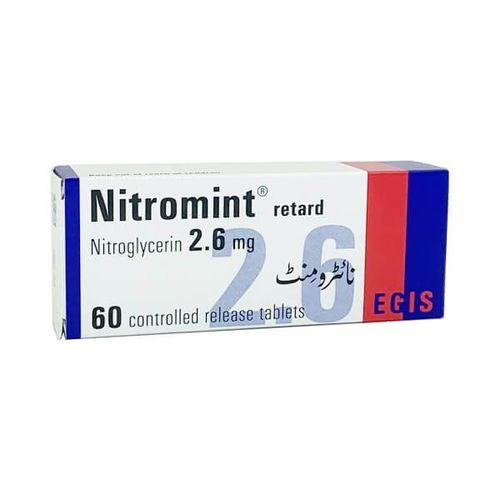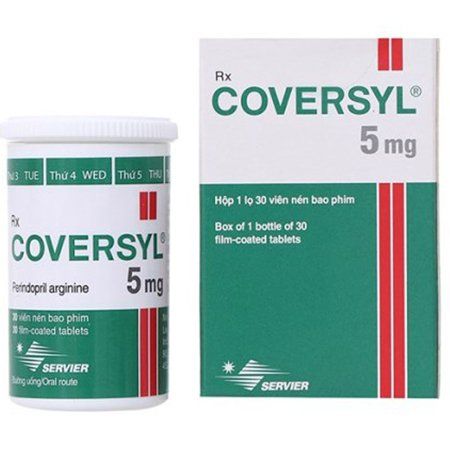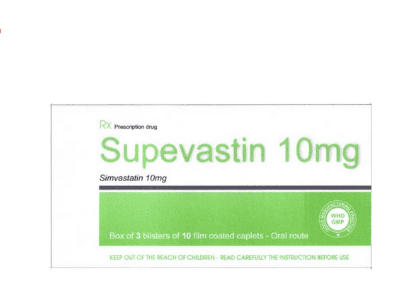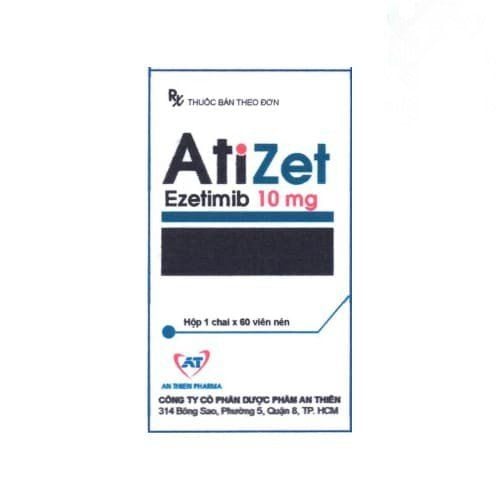This is an automatically translated article.
Opesimeta belongs to the group of cardiovascular drugs, with the main ingredient being Simvastatin. Opesimeta is prepared in the form of tablets, round film coated. The drug is often prescribed in cases of blood cholesterol disorders, patients with coronary artery disease.1. What is Opesimeta?
Opesimeta belongs to the group of cardiovascular drugs. Opesimeta is a lipid-lowering drug, the active ingredient in Simvastatin is produced from a fermentation product of the fungus Aspergillus terreus. The drug has the main ingredient is Simvastatin along with excipients just enough for one tablet. With Opesimeta 10 will have Simvastatin content of 10mg, with Opesimeta 20 will have Simvastatin content of 20mg. The packaging of the drug includes the following types: Box of 1 blister (7 tablets each), box of 3 blisters (7 tablets each), box of 3 blisters (10 tablets each). Opesimeta is prepared in the form of tablets, round film coated. The drug is often prescribed in cases of blood cholesterol disorders, patients with coronary artery disease.
2. What are the effects of Opesimeta?
The drug Opesimeta has the effect of reducing blood lipids. The drug selectively inhibits the absorption of cholesterol, plant sterols and inhibits endogenous cholesterol synthesis. Cholesterol in the body is produced by intestinal absorption and endogenous synthesis.3. Instructions for using Opesimeta
Opesimeta drug is prepared in capsule form, so users should take it orally. Beginners should start with the lowest effective dose, then gradually increase the dose in batches. The dose of Opesimeta can be changed depending on the needs, condition of the patient and the body's response to the drug. The dose should be increased in phases, at intervals of not less than 4 weeks. However, in the process of using the drug, the patient needs to be monitored regularly to promptly detect adverse reactions that the drug causes in the body (especially with the muscle system). Patients should strictly adhere to a cholesterol-lowering diet before and while taking Opesimeta.
For patients with high blood cholesterol levels, the starting dose is 10mg/day (evening). Patients with mild to moderate disease may receive a lower dose (5 mg/day). The maximum daily dose should not exceed 40mg.
For patients with severe hypercholesterolemia, who are at high risk for cardiovascular disease, this may be increased to 80 mg/day, provided the patient does not respond to the 40 mg/day dose. In the case of patients taking Simvastatin and Amiodarone in combination, the dose should not exceed 20 mg/day. Dose reduction is required in patients with LDL less than 75 mg/dL. In patients with homozygous infusion of red blood cholesterol, only 40 mg/day or 80 mg/day in 3 divided doses should be used (recommended dose based on results of controlled clinical studies).
Patients with coronary artery disease should use 20mg/day (evening) with the first dose. If the weekly dose is adjusted, follow the updates above.
Patients with moderate renal impairment do not require dose adjustment. If the patient is severely ill with creatinine clearance less than 30m/min, 10mg/day should be used in combination with regular monitoring of renal function.
4. Subjects contraindicated to use Opesimeta
Patients with hypersensitivity to the ingredients and excipients of the drug. People who are using GYP3A4 drugs such as: Erythromycin, Itraconazole, HIV protease inhibitors, Telithromycin, Clarithromycin, Nefazodon, Telaprevir, Danazol,... Patients have elevated liver enzymes along with advanced liver disease. Pregnant and lactating people should not use Opesimeta.
5. Things to be careful about when using Opesimeta
When using Opesimeta, patients need to pay attention to some things to avoid unwanted side effects.
Opesimeta medicine can cause reactions affecting the muscle system, especially in patients with uncontrolled hypothyroidism, patients over 65 years old, with kidney disease. Therefore, these subjects should consider carefully before using Opesimeta. The drug may cause increased levels of liver enzymes and creatine phosphokinase. After using Opesimeta, if the patient has symptoms of a serious acute illness such as muscle disease, secondary renal failure, hypotension, serious infection, trauma, metabolic disorder, ... drug should be discontinued. Before treatment with the drug, the patient should inform the doctor about his medical history (muscle pain, weakness, stiffness, ...). Groups of alcoholic patients, patients with existing or history of liver disease need to be cautious when using Opesimeta. Pregnant women should not use Opesimeta. If the patient becomes pregnant while taking the drug, stop taking Simvastatin and notify the doctor immediately. Whether the metabolites of Opesimeta can be excreted in human milk have not been studied and elucidated. Therefore, people who are breast-feeding should not use Opesimeta to minimize the risk of drug effects on infants. Opesimeta medicine can cause many unwanted side effects, the most common are diarrhea, abdominal pain, flatulence, constipation, vomiting, nausea, dizziness, headache, weakness, muscle and joint pain, insomnia, reduce vision,.... Opesimeta is effective in the treatment of dyslipidemia, so the drug is trusted by many doctors. Note, Opesimeta is a prescription drug, so patients should absolutely not buy drugs to treat at home because they may encounter unwanted side effects.













